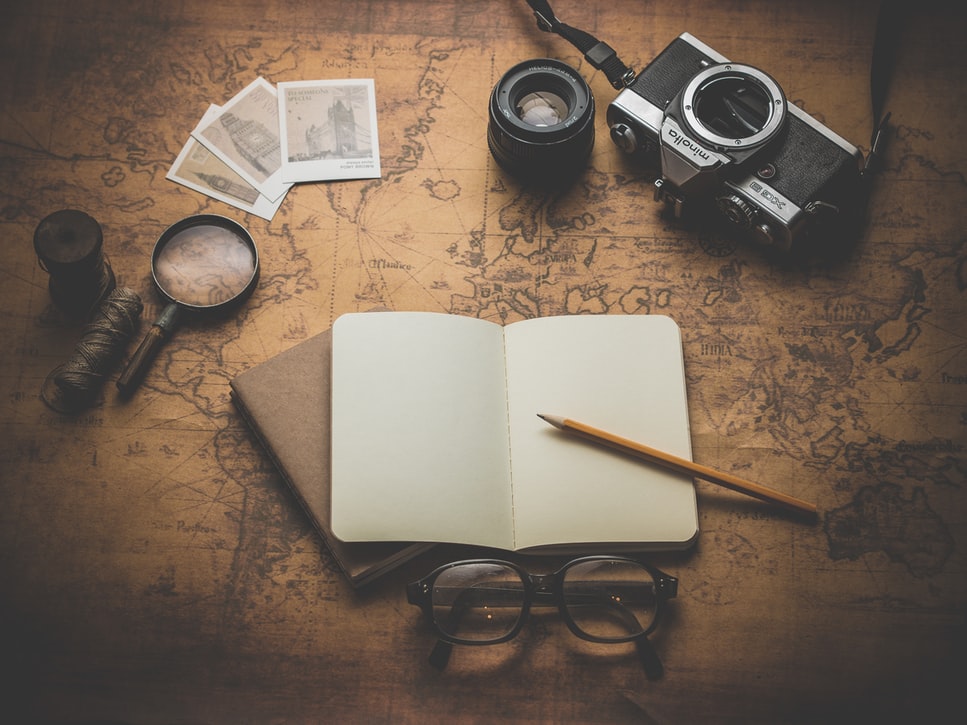Brave New Worlds: Exploring Gender and Sexuality through Social Multiplayer Games

- July 18, 2018
Karri Spencer
Karri is a lifelong gamer with a strong interest in the development of video games and the communities which emerge from (and around) them. Raised in Perth but now based in Melbourne, she works as a Diversity & Inclusion consultant affiliated with Represent Me, specialising in LGBT+ representation, mental health and accessibility. Karri has first-hand experience with ADHD, anxiety and depression. She is proudly transgender, bisexual and asexual.
It’s 2004. Two young women meet up in the town square, and exchange greetings. They’re both painfully shy and awkward – they’ve been flirting with each other for a while, but this is their first proper date.
They find a place with a little more privacy, and begin whispering to each other. They weave a fantasy of playing in a swimming pool together, of gentle touches, sweet kisses… and more.
Except this is all taking place in an imagined world within a video game. It’s 2004, I’m playing the MMORPG City of Heroes, and I’m sexting with another player. At this point in my life, I’m still deeply in the closet, afraid to be my true self in the real world.
Video games are known for being vehicles of escapism. Portals into other realities more fantastical – and often less complicated – than our own. When confronted with the opportunity to create and customise a character within a game, many of us will create an idealised version of ourselves. For me, that was always a woman. Admittedly, a conventionally attractive woman… not that games usually provide an alternative.
Before I came out, if anyone asked why I played as female characters I’d fall back on the tired (and misogynistic) response: “If I’m going to have to look at this character for 30 hours, they may as well be hot”. Now, I’m not saying all people who use this excuse are trans… but there’s a reason it’s become a trope within trans culture.
As afraid as I was to properly embrace my gender identity at the time, I found myself socialising as a woman and eventually entering into a brief romantic and “sextual” relationship with another female-identifying person within City of Heroes.
These were the early days of voice chat, but neither of us wanted to use it. We didn’t know each other’s real names, or even care. We both created personas which existed purely within the world of the game, and it was those personas which we used to explore our sexuality and gender identity.
The game was our safe space, somewhere we didn’t need to worry about what we looked or sounded like, a place where social awkwardness was barely a factor. It was a place we could explore who we truly were without fear of judgement or consequence.
Social multiplayer games have a special power to them. They create immersive, safe spaces for people (especially young people) to experiment. To try on different faces, different personalities. To see what it’s like to be treated as a boy, girl, something in between, or off the gender spectrum entirely. A place for people to explore who they’re attracted to when they don’t have to worry about the judgement of their peers.
This was true in 2004 and thankfully remains true now. As online multiplayer games grow and change over time, I pray these spaces continue to exist for future generations of shy, awkward young queer people to find themselves… and each other.
